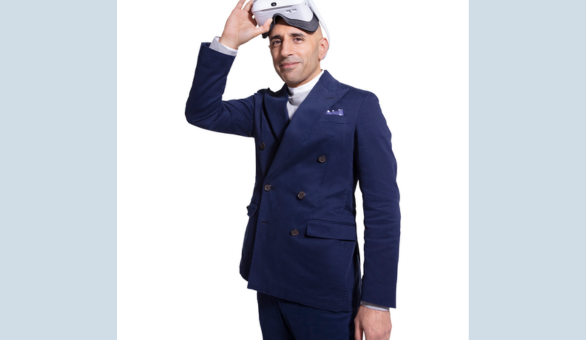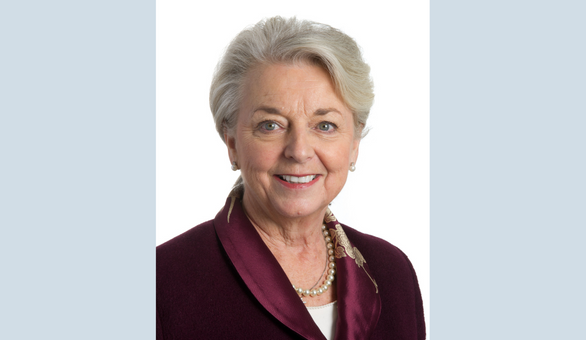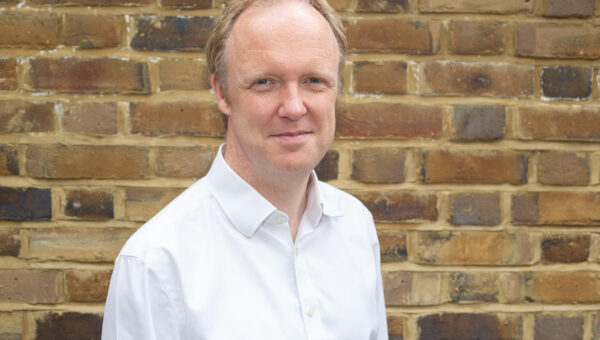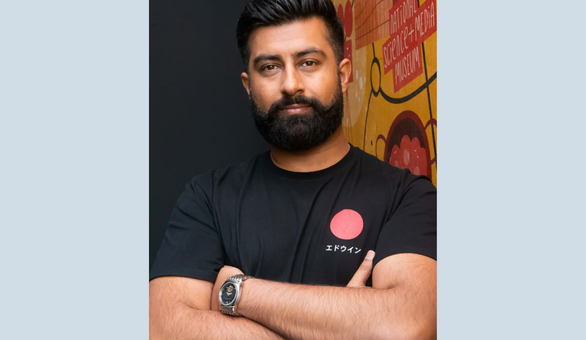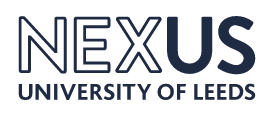The view from here – Ingenuity Leeds

In this series we ask key figures in the region and from our core sectors to share their insights.
We spoke to Dennis Dokter, our Smart Cities Lead, David Smith, our Technical and Regional Entrepreneurship Lead and Mark Mildren, Director of the Future and Head of Marketing at property development and investment specialists Munroe K – all partners in Ingenuity Leeds – about what makes a smart city and what they mean for people, the environment and our economy
What makes a city smart?
There is no such thing as a completely smart city – only cities getting smarter. It’s a continuous process and has to be driven by understanding the “why” as well as the “what, where, when and how” cities function. People’s behaviours and sentiments are vital to inform any plans, technology or interventions. Digitisation is one element, but contextualisation is what is necessary to truly become a Smart City. Dennis
It’s important to first fall in love with the problem or challenge you are trying to solve. Innovative technology is a key enabler of course – and there are some brilliant business minds and research specialists here in Leeds and the wider City Region who are leading the way on innovation in this sector – but some challenges may have non-tech solutions. David
How do we benefit from cities becoming smarter?
A smarter city brings endless benefits: improved quality of life, sustainable infrastructure, efficient resource management, enhanced connectivity, and innovative solutions. Embrace the possibilities and unlock the full potential of a smarter future! A smarter city attracts more talent, more visitors and more investment. Mark
The challenge-led model we have developed means that local governments can better understand how to improve the way we live, work, travel and enjoy our leisure time. Fully engaging with citizens also ensures greater inclusivity and higher adoption rates in those plans – a great example was the reversal of the decision to only allow electric vehicles into the city of Amsterdam in order to reduce pollution levels. There was uproar, because the ruling excluded so many people, including local delivery drivers and care workers, and the policy was dismissed. Simply speaking to the stakeholders who will be impacted by change before implementing that change brings enormous benefits and insights. Dennis
Tell us about Ingenuity and what it means for Leeds and the wider City region?
Ingenuity is our vision for a smarter Leeds. It’s an exciting concept for democratising and de-risking the innovation pathway – an integrated ecosystem at White Rose Park in South Leeds, bringing together the power of collaboration via a new hub, a 5G-enabled real-world testbed, and an immersive virtual replica. We’ve secured £1.7m of funding via the Morley Town Deal and expect the ecosystem to go live at the end of 2024, early 2025. Mark
We’re impatient and don’t want to wait until then to engage people, so we’re developing a pilot programme of activities, working with our lead partner Nexus. Through innovation challenges, workshops, and mentorship opportunities, individuals will be provided with pathways to engage, learn, and grow. David
What does this mean for business owners and entrepreneurs?
Any organisation embarking on innovation recognises the difficulties and risks involved and the range of skills required, with no guarantee of success. Collaborative innovation involving different organisations magnifies this a hundred-fold. Yet aligning diverse stakeholders, building trust, fostering open communication, and creating a shared vision is precisely what is needed to solve what are complex challenges facing our towns and cities. Through Ingenuity we want to democratise and de-risk collaborative innovation, harnessing our collective expertise and experiences to tackle our challenges. David
Societal challenges are inextricably linked to economic growth. If you put people first, you understand what social or technical solution will best meet their needs and the product or service you develop will not only be fit for purpose, but it will also meet and generate market demand. This is as true for new markets for existing products and services as it is for the creation of new innovations. Mark
How does the Nexus community and the University of Leeds support the drive towards smarter cities?
Creating connections and bridging the gap between industry and academia has always been at the heart of Nexus and that is fundamental to the smart city business model. As Lead Partner on the Ingenuity programme, the Nexus community is looking forward to developing and hosting many more events and projects and sharing insights and case studies across industry and academia. The research and innovation taking place at Nexus and the University of Leeds are vital for assessing the impact and implementation of interventions. Dennis
What can delegates look forward to at Nexus Connect on 26 June?
We’re really looking forward to hearing from Dr Rajinder Bhandal from Leeds University Business School and Nexus members We Are Social Enterprise, Yondar and Overlap Associates, with some great opportunities for members and guests to meet up with their existing contacts, make new connections and share their experience. Dennis
Join us at Nexus connect, register for your place.
Dennis Dokter is Smart Cities Lead and Manager Data and Insights at Nexus
David Smith is co-founder of White Rose Innovation Agency* and Ingenuity
Mark Mildren is co-founder of White Rose Innovation Agency and Ingenuity
* WRIA is the innovation arm of Munroe K, owner and operator of White Rose Park
Explore more insights from our ‘the view from here’ series:

